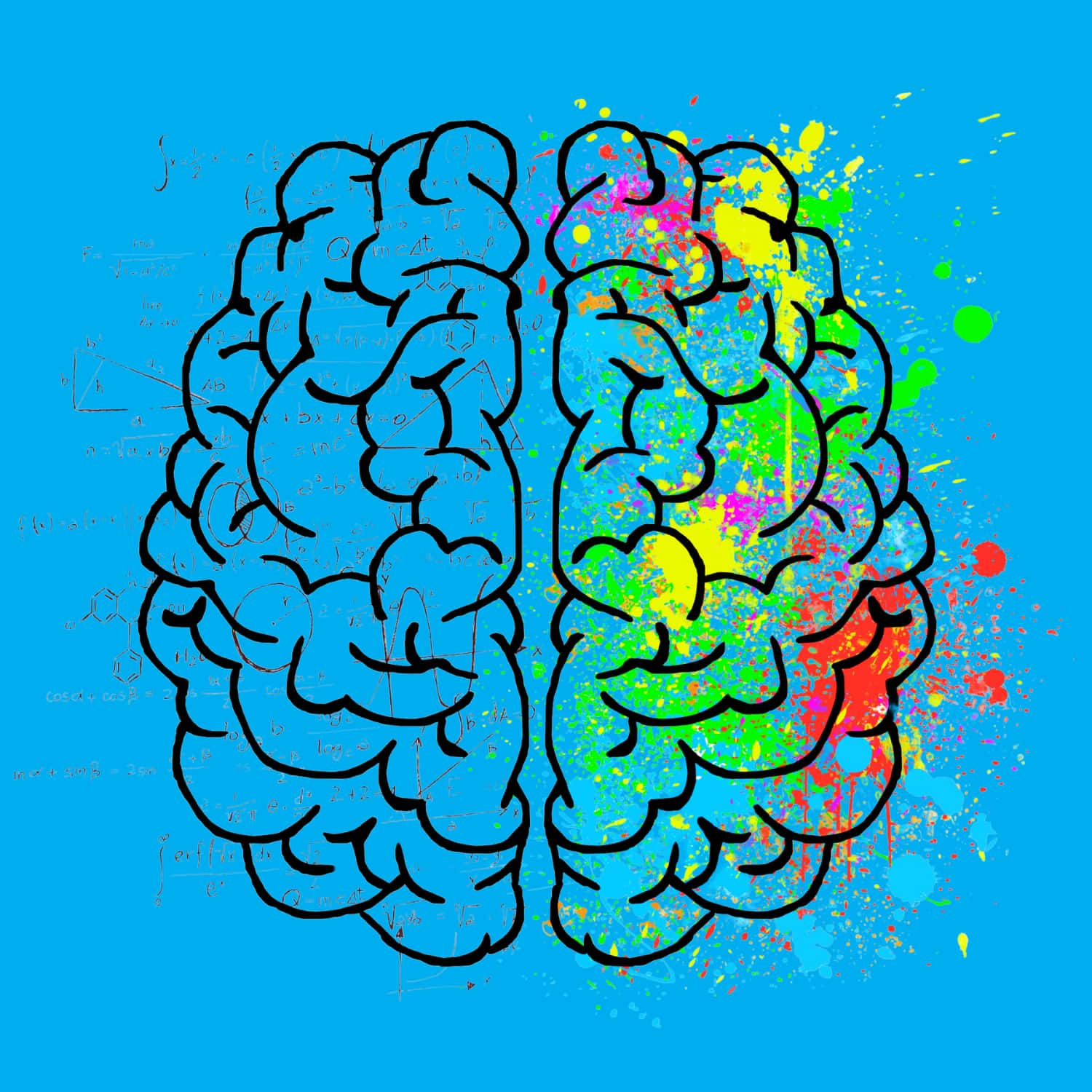5 SIGNS STRESS IS AFFECTING YOUR BRAIN
DISCLAIMER: This content is for educational use only and is not a substitute for professional medical advice. Please consult your healthcare provider for personalized guidance.
Most of us associate stress with tension in the body, but its effects on the brain are just as real. At first, stress can feel helpful: it sharpens your focus, boosts alertness, and helps you power through. That’s your body’s natural “fight or flight” response at work.
But when stress becomes chronic, it starts to do the opposite.
You may find yourself more forgetful, distracted, or emotionally reactive. Your memory slips. Your ability to think clearly takes a hit.
Here are 5 signs stress may be affecting your brain more than you realize.
1. Trouble Focusing or Thinking Clearly
You sit down to get something done and your mind drifts. You reread the same paragraph over and over. You start a task and quickly feel overwhelmed.
This isn’t just distraction, it’s your prefrontal cortex, the part of the brain responsible for focus, planning, and decision-making. While acute stress can momentarily heighten focus, prolonged stress weakens this part of the brain over time, leading to mental fatigue, indecisiveness, and difficulty concentrating (1).
2. Memory Lapses
You forget names, lose track of conversations, or walk into a room with no idea why you’re there.
This is because stress impacts your hippocampus, the brain’s memory center. In moments of acute stress, memory can actually improve your brain flags those high-stakes experiences as important for survival. But when stress is ongoing, high cortisol levels damage the hippocampus, making it harder to form or recall memories. Over time, you may notice more frequent forgetfulness and that foggy, scatterbrained feeling (2).
3. Emotional Outbursts or Irritability
You feel more reactive. Small things feel bigger than they are. You’re more easily frustrated, anxious, or overwhelmed.
Chronic stress activates the amygdala, the brain’s emotional response center. Overactivity here leads to heightened fear, anxiety, and emotional sensitivity. At the same time, the rational, regulating power of the prefrontal cortex is reduced which makes it harder to manage emotions calmly or logically (3).
4. Difficulty Learning New Information
New tasks feel harder. You’re reading but not retaining. Learning something new feels like a mental block.
While acute stress can sometimes enhance attention in short-term situations, chronic stress reduces neuroplasticity, your brain’s ability to grow, adapt, and form new connections. Prolonged cortisol exposure can even kill neurons in the hippocampus, making it harder to learn, recall, or retain new information over time (4).
5. Constant Mental Exhaustion or Fatigue
You’re tired, even after a full night of sleep. Your brain feels sluggish. You start the day already drained.
That’s not just physical burnout. It’s mental. Chronic stress depletes key neurotransmitters like dopamine and serotonin, which are essential for energy, motivation, and mental clarity. When your brain is constantly in a state of alert, it never fully resets, leading to persistent mental fatigue (5).

What the Research Shows
The impact of chronic stress on the brain isn’t just theoretical. It has been confirmed in numerous studies:
- MRI studies show that chronic stress shrinks the hippocampus (Lupien et al., 1998; McEwen, 2007) (6)
- High cortisol is linked to memory decline and impaired cognitive performance in older adults (7)
- Animal studies confirm that long-term stress can kill hippocampal neurons and reduce learning capacity (8)
How to Protect and Heal Your Brain
The good news? The brain is adaptable. With the right support, it can recover and even grow stronger.
- Regular Exercise: Lowers cortisol and increases BDNF, which is a protein that promotes brain cell growth and repair (9).
- Quality Sleep: Essential for memory consolidation and clearing stress hormones (10).
- Mindfulness & Meditation: Help calm the nervous system and reduce amygdala activity (11).
- Social Connection: Spending time with others buffers stress and supports emotional resilience (12).
- Balanced Diet: Focus on whole foods, fermented foods, and brain-boosting nutrients like omega-3s, flavonoids (from dark berries or cacao), and catechins (from green tea).
The Bottom Line
Short bursts of stress can actually sharpen your memory and focus. But chronic stress? That’s a different story. Chronic stress can shrink memory centers and impair your brain’s ability to think clearly.
So, managing stress isn’t just about feeling better. It is extremely important for protecting your brain and keeping your memory sharp.
We want you to live life joyfully.










Leave a Comment
This site is protected by hCaptcha and the hCaptcha Privacy Policy and Terms of Service apply.